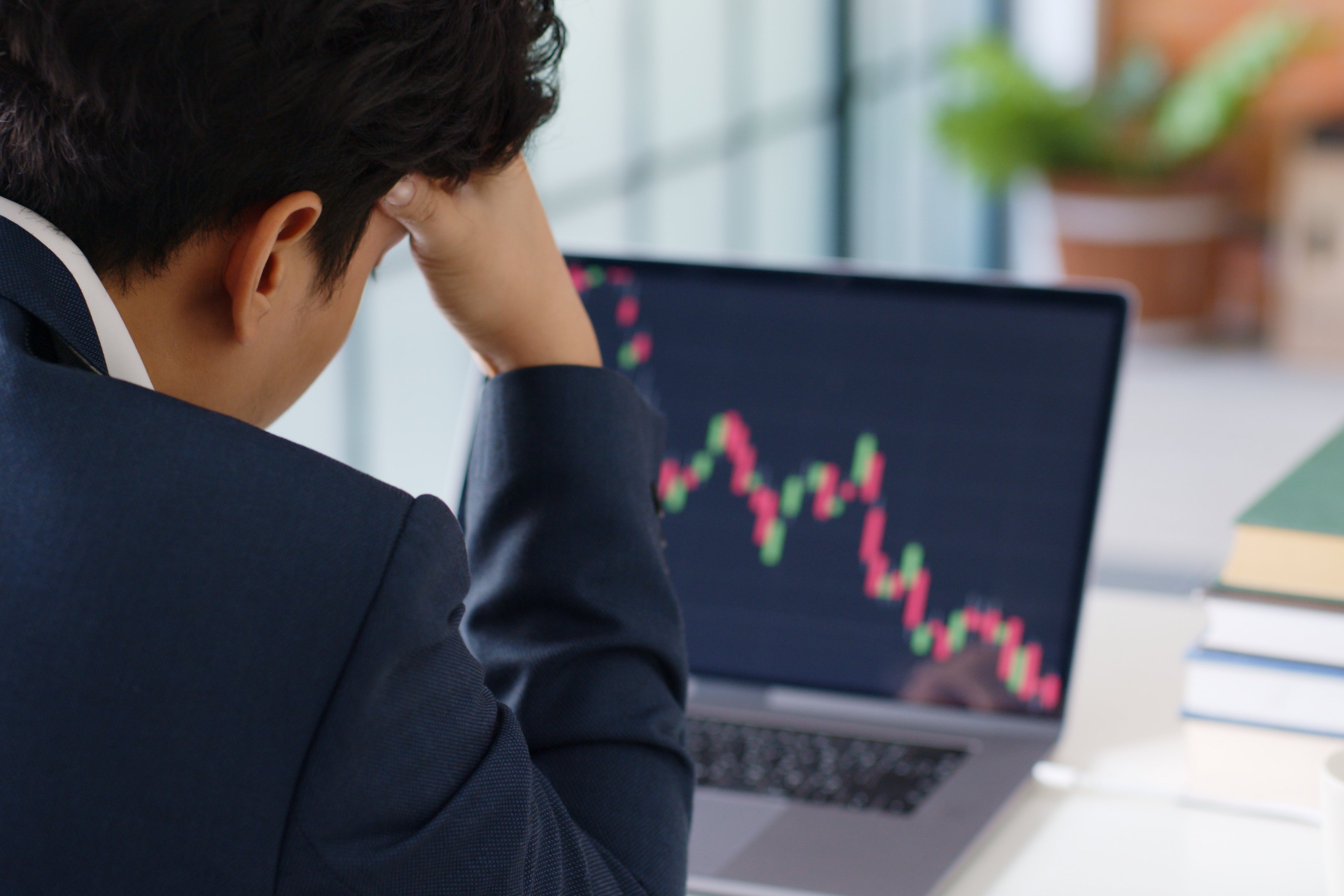Robinhood Markets' (HOOD 3.15%) stock price has gained over 925% since the start of January 2024. That's significantly more than some of the cryptocurrencies that make up a good chunk of its trading revenue. Bitcoin gained almost 150% in the same period. The pioneering brokerage firm has been boosted by a number of factors in the past couple of years, including its September inclusion in the S&P 500.
Several analysts think the stock still has momentum. For example, Citizen JMP analyst Devin Ryan recently reiterated his Outperform rating and increased his price target from $130 to $170. Ryan thinks that Robinhood will beat analyst expectations for its upcoming Q3 results and sees several opportunities for growth.

Image source: Getty Images.
Robinhood just keeps on innovating
Robinhood's constant, and at times disruptive, innovation is a key reason that analysts think it can grow more. From leading the charge on zero-commission trading to launching its own crypto wallet, the fintech has a reputation as a change-maker. Just this year, it launched tokenized stocks, a prediction market hub, and a social investment platform.

NASDAQ: HOOD
Key Data Points
With a pro-crypto administration and regulators actively looking for ways to foster financial and technological growth, the time is certainly ripe for companies able to push to new frontiers. For example, Securities and Exchange Commission (SEC) Chairman Paul S. Atkins said in July that the evolution of super apps would be a priority for the administration. Super apps mean brokerages could offer a range of other financial and investment services in the same place, something Robinhood is already excelling at.
Here are some of the big moves to watch from Robinhood.
More than a token effort
Robinhood announced in July that it would offer tokenized U.S. stocks and ETFs to European customers. The move puts the brokerage at the forefront of what the World Economic Forum described as a "quiet revolution." Tokenization involves recording ownership of real-world assets (RWA) on the blockchain. That can apply to stocks, bonds, currencies, real estate, and more.
The attraction is that it removes some of the friction in investing by making transactions faster, more efficient, and more transparent. It fits with wider moves toward 24/7 trading because -- as cryptocurrency investors know all too well -- the blockchain doesn't keep regular hours. It can also make fractional ownership more viable. Sure, you can buy fractional shares today. But that's a drop in the ocean. Imagine a digital token that denotes ownership of a tiny piece of real estate -- investors could almost buy a tokenized version of each individual brick in a building.
For Robinhood, tokenized stocks are just the start. The company is building its own blockchain that's optimized for real-world asset tokenization. In the past few years, it has straddled the worlds of traditional finance and cryptocurrency, and tokenization is a continuation of this journey. As such, Robinhood is well-positioned to take a chunk of what McKinsey estimates will be a $2 trillion market by 2030.
Going social and playing the prediction game
In September, it unveiled Robinhood Social, which mixes social media with investment activity. It plans to launch for a limited number of U.S. customers next year. Users will be able to share their views on investments on the same platform they trade stocks, options, futures, crypto, and prediction markets.
Prediction markets are a somewhat controversial product Robinhood launched this year. People can bet on who might win the next election, whether an asset's price might increase or decrease, or the result of a sports match. Robinhood says predictions are regulated as futures and swaps by the Commodity Futures Trading Commission (CFTC), but critics say it is more like gambling than investing.
Trading places
Robinhood wants to be more than a brokerage -- it meet customers' financial needs, from investing in stocks to buying crypto or managing their money. It already offers a mortgage deal for Robinhood Gold customers as well as some banking products. Tokenization and other new products are another part of that mission.
Branching out beyond trading matters, because one potential cloud on the Robinhood horizon is that it is extremely reliant on transaction fees. Its latest results show that almost 60% revenues in the first half of the year come from transactions. If the economy falters or we enter another crypto winter, there's a risk that Robinhood's revenue takes a big hit.
Regulation could be another issue. U.S. regulators are keen to innovate right now, but that may not last forever. And other countries may be more cautious about its wide product range, especially those that push the lines of existing investment laws.
Nonetheless, if you're looking for a way to get exposure to crypto, real-world asset tokenization, or other evolving aspects of the fintech industry, Robinhood may make a good addition to your portfolio. It's come a long way in the past two years, but it has the potential to go even further.





